Studebaker Building 84
The former main assembly plant of Studebaker's sprawling South Bend Plant 1, now being transformed into a technology and data center.
We are a Rust Belt city on the move.
South Bend’s illustrious past is something of legend. Oliver Chilled Plow, Studebaker, Bendix Corporation, and Singer Sewing Machine once dominated their respective industries in both invention and mass production. The result was a prosperous city known around the world for its out-sized impact on a rapidly industrializing America.
Fortunes turned in the 1960s when Studebaker’s closure became the first in a string of crises ending in economic hardship, widespread population displacement, and a community largely bereft of its identity.
Today, South Bend is in the midst of a resurgence, due in no small part to Mayor Pete Buttigieg’s leadership. Taquerias are opening, developers are eyeing dilapidated industrial buildings, young people are enfranchised to start new things, and neighborhoods are imagining a future that just might be better than the past.
The former main assembly plant of Studebaker's sprawling South Bend Plant 1, now being transformed into a technology and data center.
A fresh East Bank restaurant pioneering the brunch scene.
Family-owned since 1989, two siblings, Frank and Rita, make pizzas by hand using recipes handed down through generations of their Southern Italian family.
Parish on the West side home to a diverse community of neighbors who pray together in English, Polish, and Spanish.
East Bank liquor and wine store featuring a new tasting bar.
Collectors and curators of high-end antique furniture tucked away in the second-floor of downtown South Bend's first Ford dealership.
Event venue, coffee shop, artist studios, print shop, and bar all housed inside a transformed warehouse on the South East side.
Early morning breakfast spot on the West side.
The self-described "best little diner in town."
100 year-old, family-owned dry-cleaning facility transformed into space for entrepreneurs, small businesses, and artists.
Center for community theater productions and art exhibitions acclaimed as one of the top 10 community theatre facilities in the country.
A West side breakfast and lunch taqueria featured on the cover of Mayor Pete’s book, Shortest Way Home.
International grocery store in downtown South Bend.
A Venezuelan restaurant located East of South Bend near Notre Dame.
A quintessential local bar in the East Bank.
A cooperatively-owned grocery store, cafe, and farmer’s market sourced largely by local producers within a 60-mile radius.
A massive mural promoting Robertson's, the since-shuttered department store of choice for the majority of 20th century downtown South Bend.
A once-segregated city swimming pool transformed into an active learning center.
Neighborhood makerspace, gallery, and gift shop for handmade goods and art by local creatives.
Vietnamese cuisine, and the finest ramen, in downtown South Bend
Mexican grocery store and taqueria on the South East side.
A West side barbeque staple since 1968.
Family-owned Mexican ice cream parlor on the West side.
By day, breakfast and lunch fare alongside frequent encounters with local politicians. By night, popup restaurant with an upscale, home-style food menu.
A tacos and pupusas restaurant tucked into a West side neighborhood.
Liberty & 33rd is a high-end antique furniture and rug company that sells pieces to designers across the country—the majority of their pieces are currently going to New York, Los Angeles, and Texas. Beginning as a furniture-flipping business in South Bend, owners Adam Cramer and his wife Kelsey transitioned to furniture restoration, curating a vast repertoire of high quality furniture and antiques and promoting the ecological benefits of buying second-hand.
While they don’t have public store hours, you can schedule a time to visit the warehouse and wander through all sorts of unique items, like an 18th Century Indian Jhula bench swing.
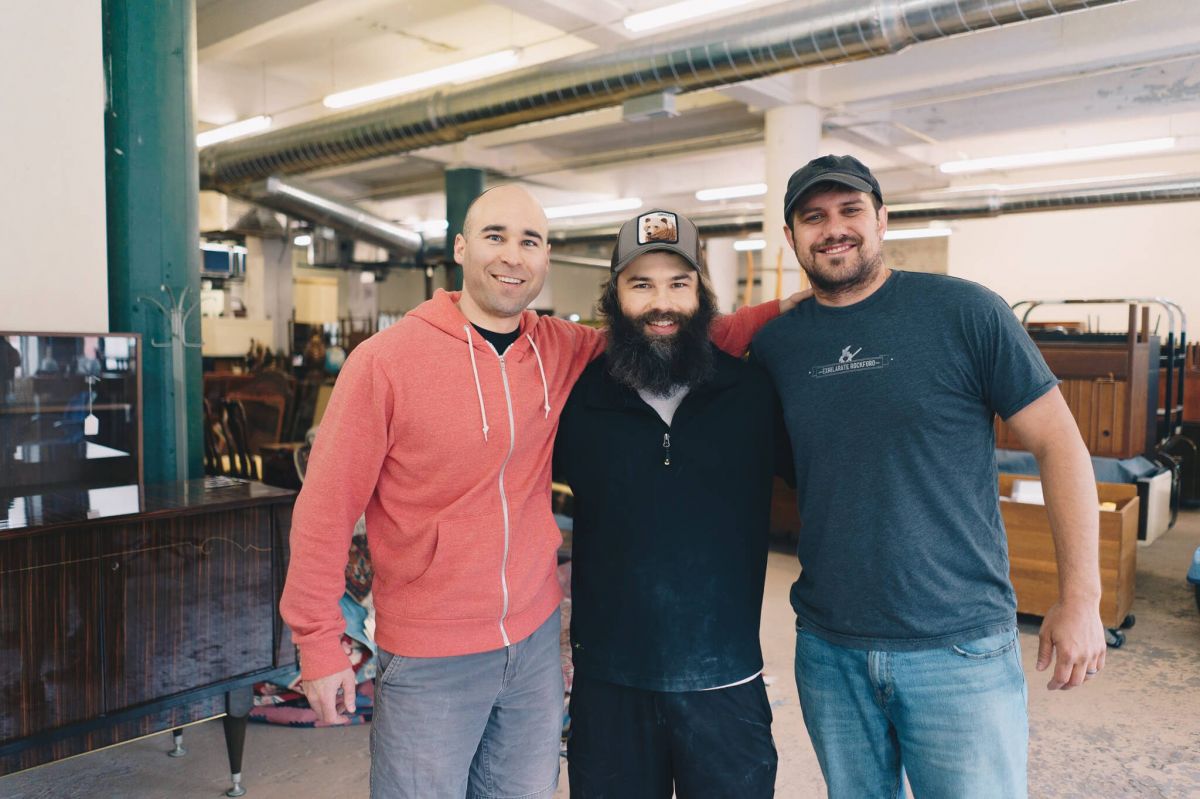
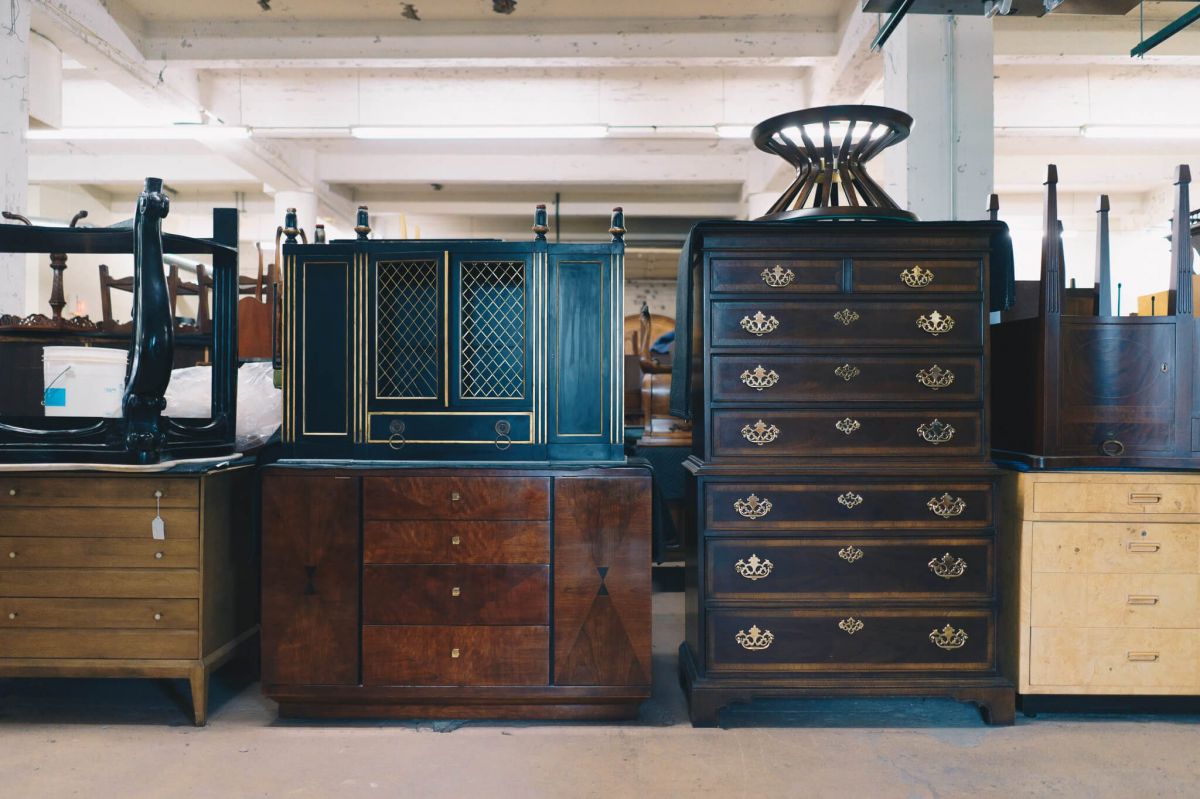

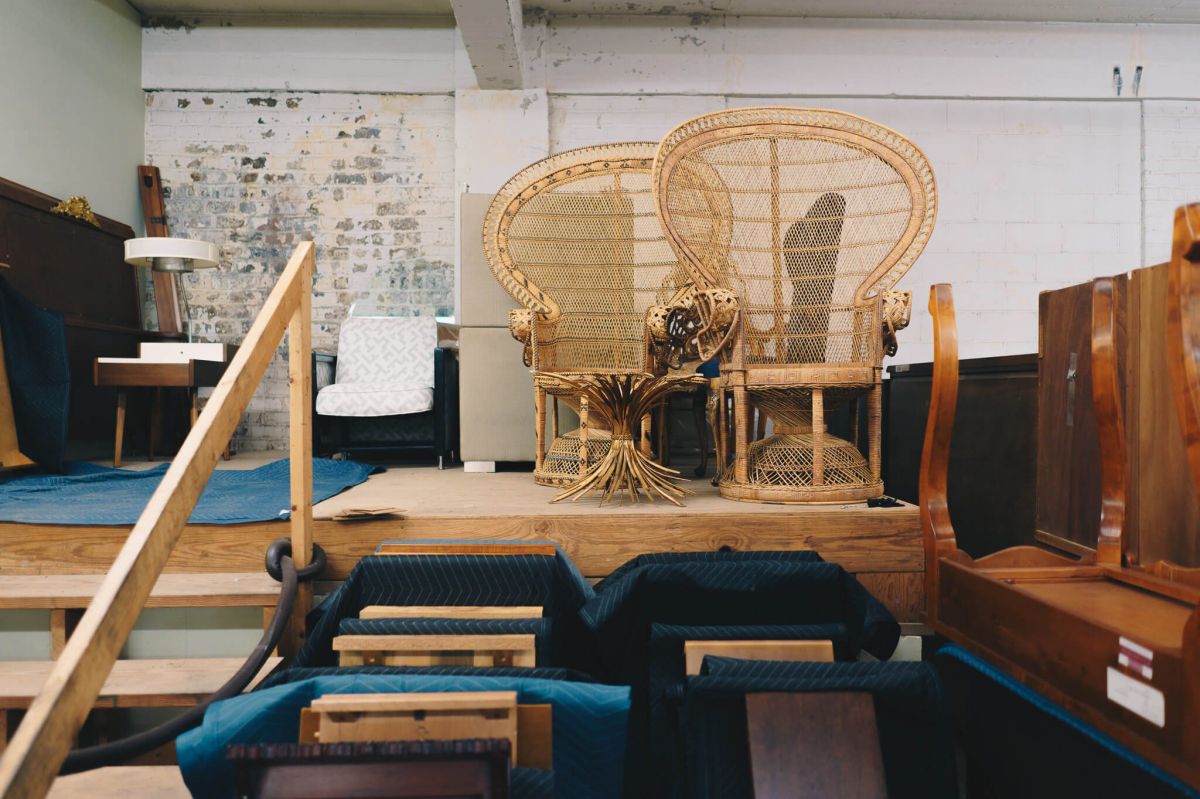
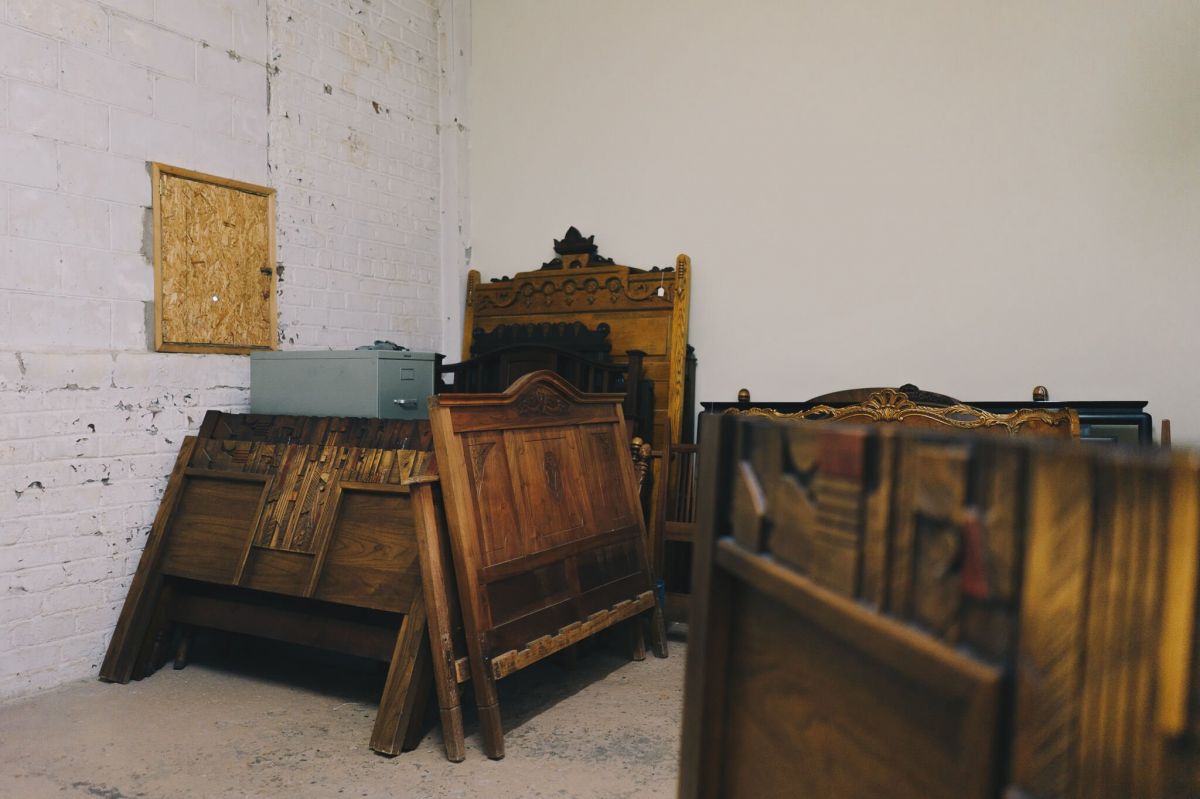
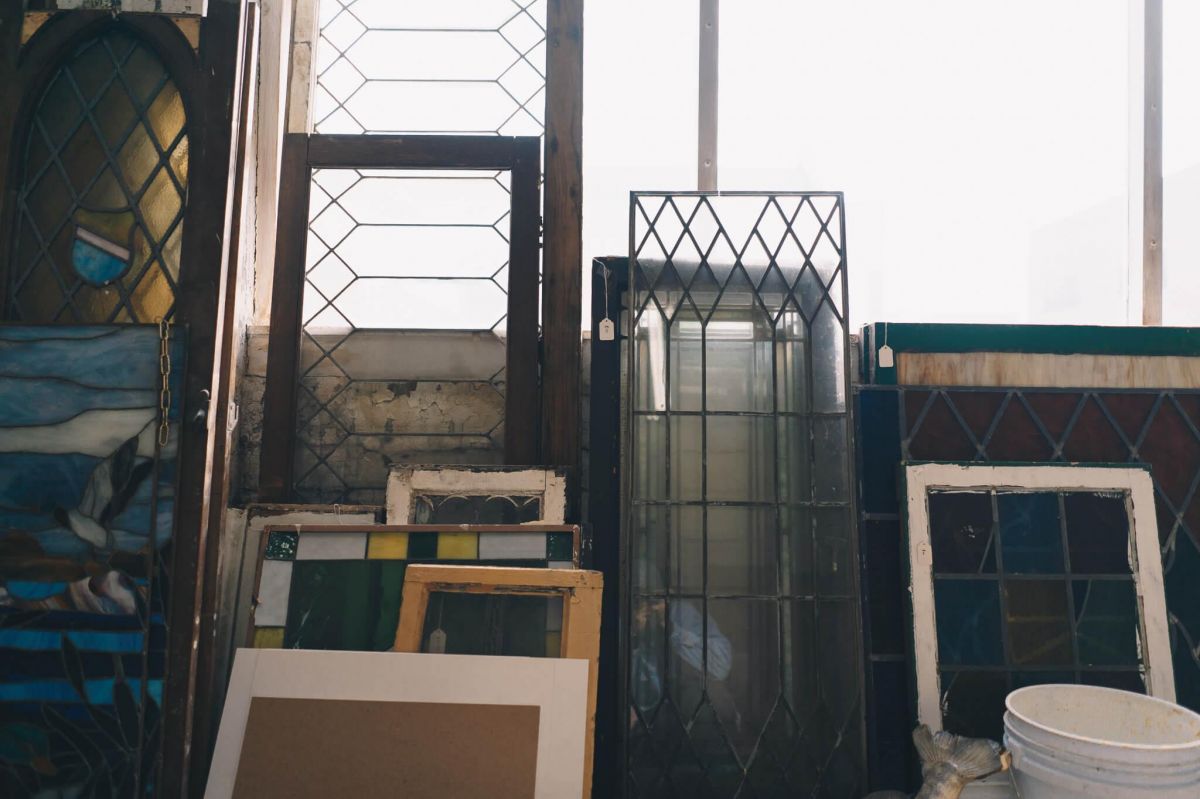
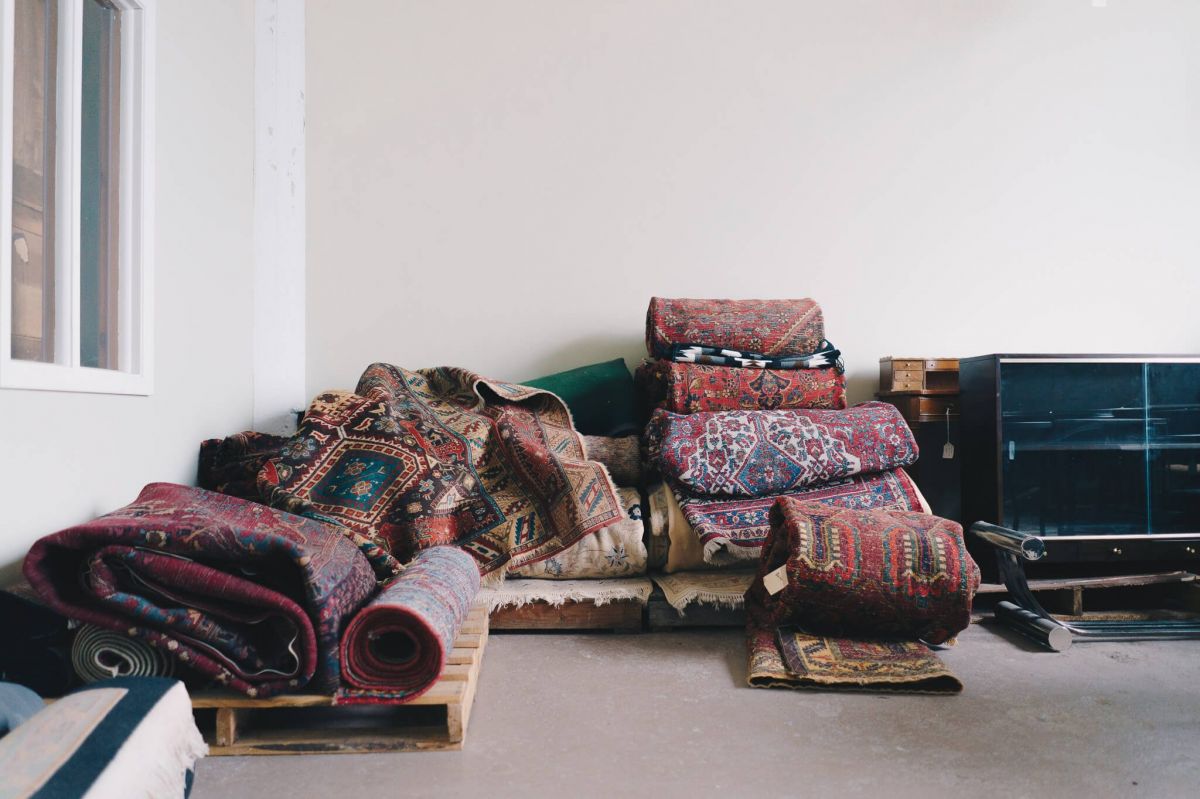
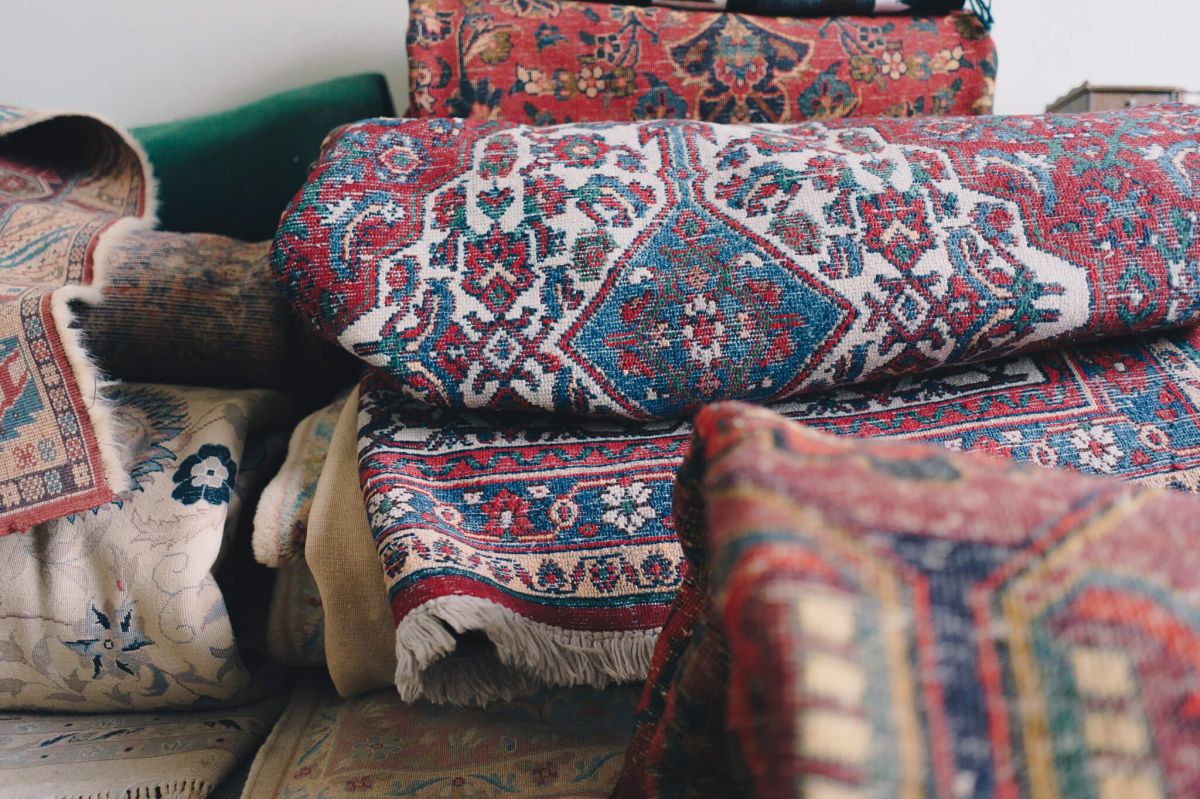
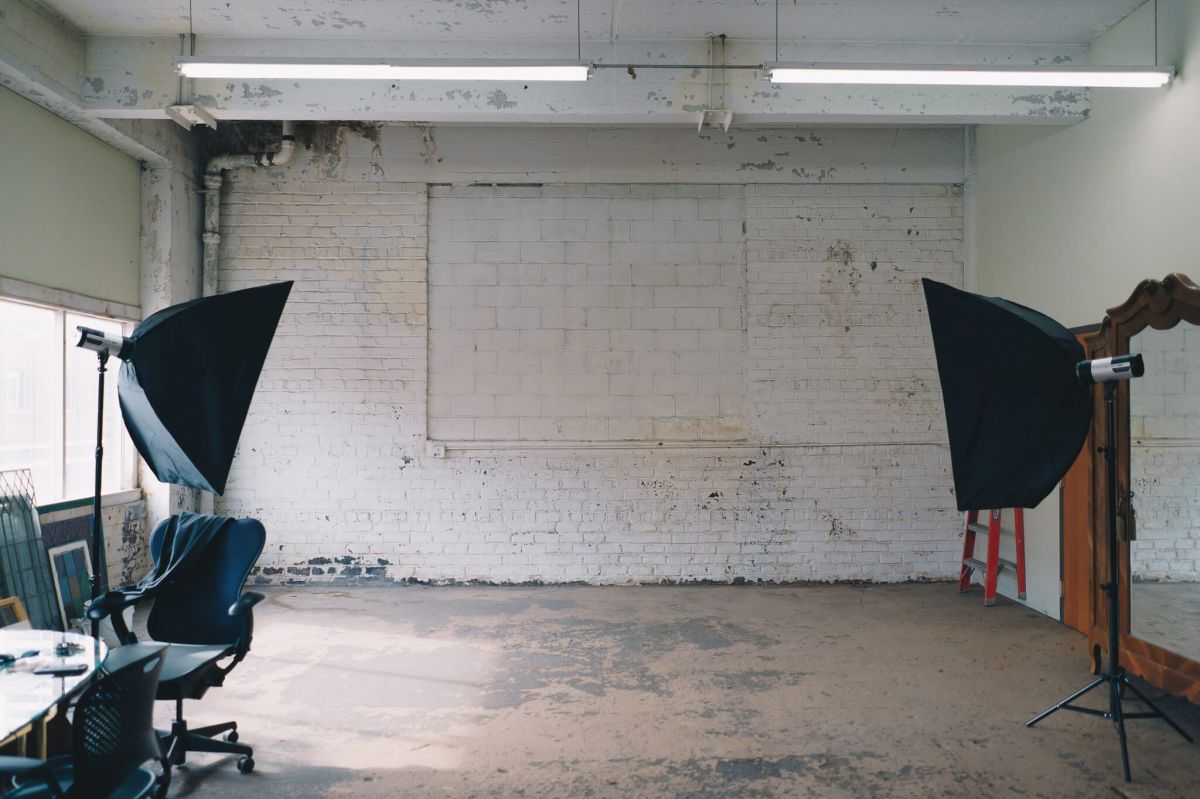
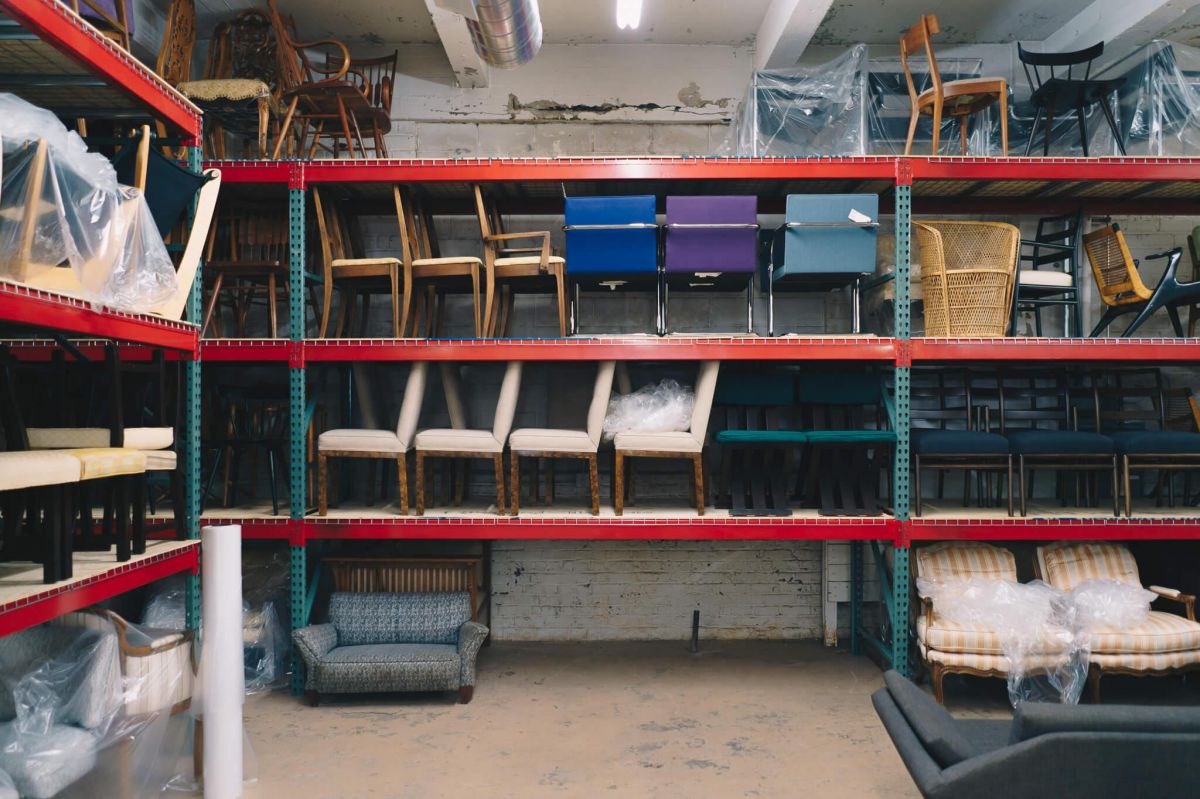
Please complete a quick 2 minute survey to tell us about your experience.